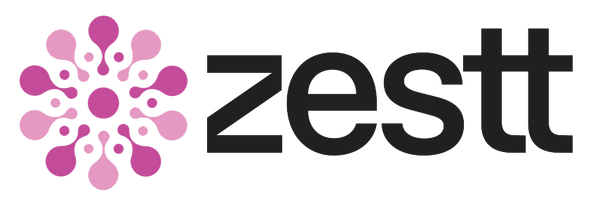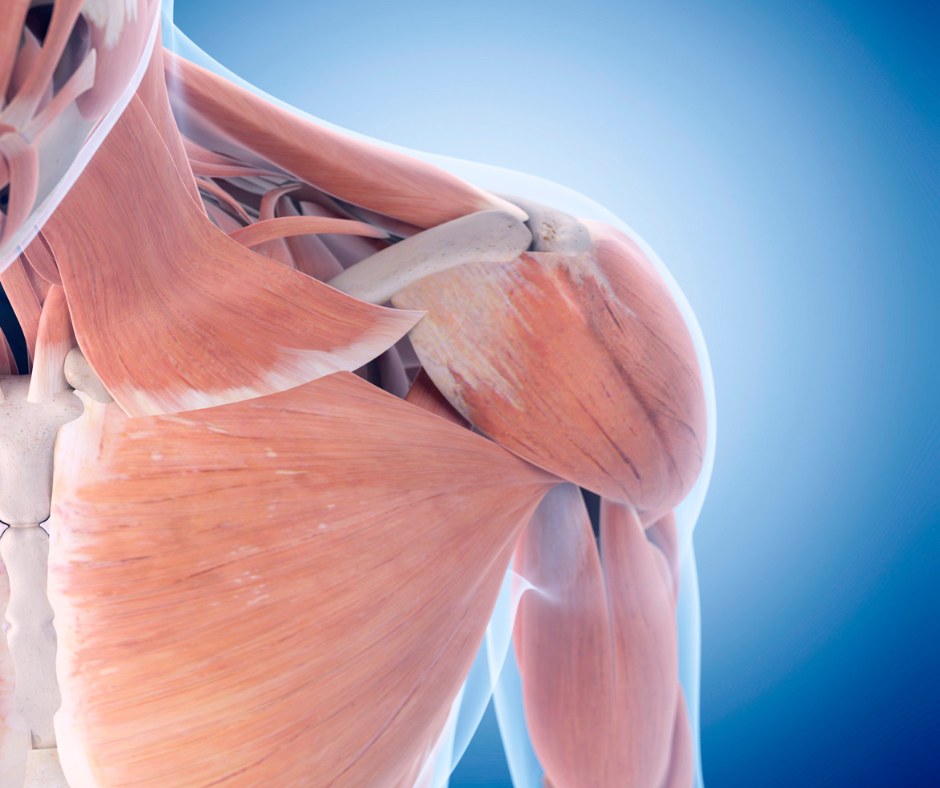Aging starts to show in our bodies from the age of 30, accelerating once we reach our seventies and eighties.
On average, we lose 4 to 6 pounds of muscle per decade (source) if we don’t do strength training (whether that be through our work or through leisure/exercise). This adds up over time and once we are older can lead to issues associated with stability, balance, strength and metabolic health.
In this blog we focus on how building muscles can improve your metabolic health.
The inter-relationship among muscle building, glucose levels and insulin resistance
Muscle building, blood glucose removal, and insulin resistance are intertwined and our skeletal muscle system plays a crucial role in maintaining metabolic balance, especially as we age. Here's how these factors are interconnected.
Muscle mass and glucose uptake
Skeletal muscles are major players in glucose metabolism. They have insulin receptors on their cell membranes that allow them to take up glucose from the bloodstream.
When you engage in resistance training or muscle-building exercises, it stimulates muscle protein synthesis and promotes the growth of muscle tissue. This increased muscle mass enhances the capacity of muscles to take up and utilize glucose, helping to regulate blood sugar levels.
Insulin sensitivity
Insulin is a hormone that plays a key role in glucose regulation. Insulin resistance occurs when cells, including muscle cells, become less responsive to insulin, leading to elevated blood glucose levels.
Regular exercise, especially resistance training, improves insulin sensitivity. As muscles become more responsive to insulin, they can efficiently take up glucose from the bloodstream, reducing the risk of insulin resistance.
Aging and muscle loss
As individuals age, there is a natural tendency to lose muscle mass, a condition known as sarcopenia. This loss of muscle mass can contribute to decreased insulin sensitivity and increased insulin resistance.
Additionally, aging is associated with changes in hormone levels, including declines in growth hormone, testosterone and estrogen, which are important for muscle maintenance and growth.
Mitochondrial function
Mitochondria, the energy-producing organelles within cells, play a role in insulin sensitivity. Exercise, particularly resistance training, can enhance mitochondrial function.
Improved mitochondrial function contributes to efficient energy utilization within cells, which can positively influence insulin sensitivity.
Glucose disposal and post-exercise effect
After exercise, especially resistance training, there is an increased demand for glucose by the muscles. This stimulates glucose uptake, helping to clear it from the bloodstream.
The post-exercise period is characterized by heightened insulin sensitivity, and regular exercise can have a lasting effect on improving insulin sensitivity over time.
It’s never too late to start building muscles
Building and maintaining muscle mass through regular exercise, particularly resistance training, can enhance glucose uptake by muscles, improve insulin sensitivity, and help mitigate insulin resistance.
These factors become increasingly important as you age, given the natural decline in muscle mass and changes in metabolic function which occur with age.
We encourage you to incorporate resistance training in your everyday life to promote metabolic health and reduce the risk of insulin resistance. This will also help with balance and reaction times, which are vital in preventing falling.
A friend of mine, Shannon Glennie, works with people to improve their general fitness and strength – she has sent me some video classes that support people who are aging in general fitness and health that I am very happy to send through to you if you would like to give a class a go.
There are also many simple exercises you can do on a daily basis to help build strength and balance – I saw recently a post which encouraged people to stay squatted while they were brushing their teeth - so there is one to try! I would love to hear others that you have built into your life.
All the best, Anna and Darcy.
If you would like to discuss any of this further, please contact Darcy or Anna (who you can contact at +64 27 599 2255 or +64 27 4861418 respectively) or via info@zesttwellness.com.
 United States
United States New Zealand
New Zealand
